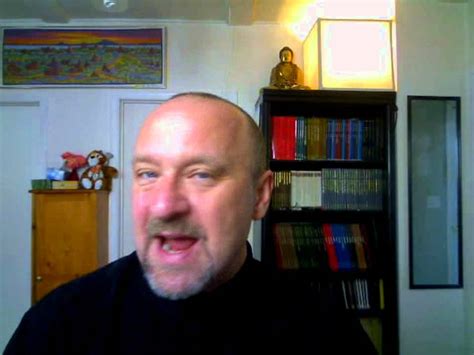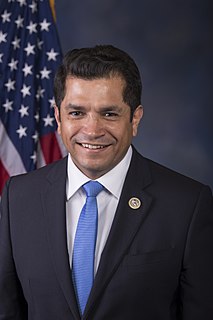A Quote by Ron Paul
There's a a right to privacy for all individuals and all who have legal rights - and that includes the unborn. As an obstetrician, if I cause any harm to a fetus, I will be sued. If someone kills or harms a fetus they're liable in a court of law.
Related Quotes
You may be surprised to learn that, in our law, although the fetus is currently without the right to life, it does have some rights. For instance, under civil law, the unborn child has the right to inherit part of his father's estate should his father die before he is born, and he has the right to sue his Mother, or a doctor, for injuiries sustained while in the womb.
She who has intentionally destroyed [the fetus] is subject to the penalty corresponding to a homicide. For us, there is no scrutinizing between the formed and unformed [fetus]; here truly justice is made not only for the unborn but also with reference to the person who is attentive only to himself/herself since so many women generally die for this very reason.
And finally remember that nothing harms him who is really a citizen, which does not harm the state; nor yet does anything harm the state which does not harm law [order]; and of these things which are called misfortunes not one harms law. What then does not harm law does not harm either state or citizen.
When a parliamentary or social majority decrees that it is legal, at least under certain conditions, to kill unborn human life, is it not really making a tyrannical decision with regard to the weakest and most defenseless of human beings?....While public authority can sometimes choose not to put a stop to something which were it prohibited would cause more serious harm, it can never presume to legitimize as a right of individuals even if they are the majority of the members of society an offense against other persons caused by the disregard of so fundamental a right as the right to life.
We infrequently contemplate the harms that await any new-born child—pain, disappointment, anxiety, grief, and death. For any given child we cannot predict what form these harms will take or how severe they will be, but we can be sure that at least some of them will occur. None of this befalls the nonexistent. Only existers suffer harm.
US law and international human rights law have radically diverged in the past years in terms of the recognition of indigenous people's rights. International human rights law now looks at not whether or not the tribes have formal ownership or legal title in a Western legal conception might have it, but rather they look at the tribe's historical connection to that land.


































